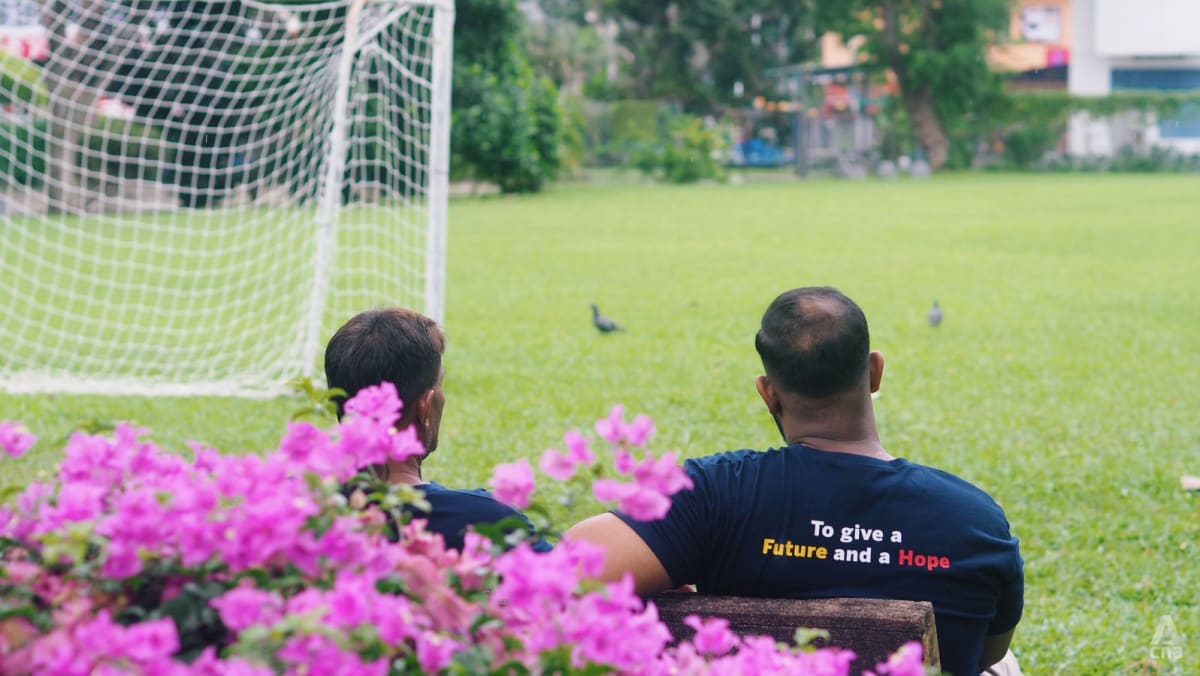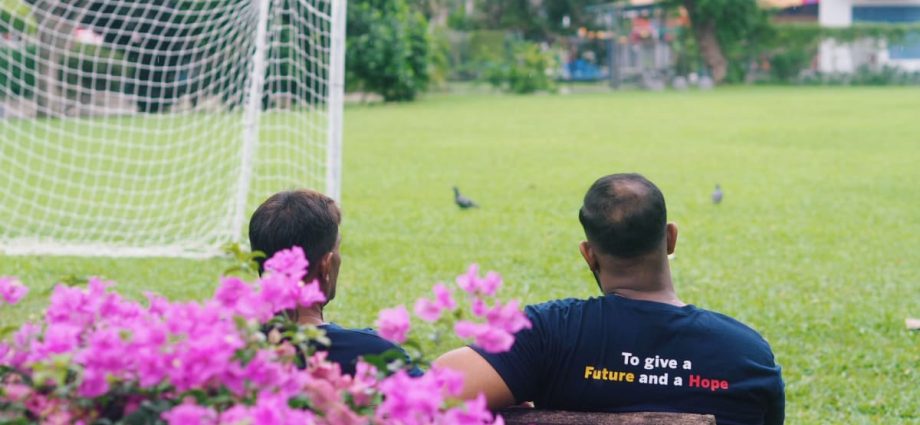
First-time residents, who walk in or are referred by prisons and medical institutions, have to undergo an initial assessment before they can get a spot at the shelter. The shelter sees around 30 to 50 referrals a month, and aims to take in about seven to 10 men each month.
Admission criteria require them to be Singaporean, have been released from prison within the last three years and possess basic English proficiency so they can understand the programme, added Mr Nurdin.
Treatment criteria, on the other hand, cover “how open, willing and authentic they are during the interview and in terms of their recovery progress”.
Despite the stringent criteria, Mr Kalay wasn’t asked to leave even after getting caught drinking and smoking. He realises that he would have been “straight away kicked (out)” at most other places with his transgressions.
“I was very (ashamed). They trust me then I go and do this nonsense. I learnt that people really care for you. But if you don’t care for yourself, (that is a) problem already,” he said.
Mr Kalay is determined to keep on the straight and narrow this time. Admitting that he used to throw around the word “change” loosely, he now knows “who I am (and) why I’m here” and what he needs to change about himself before he leaves the shelter.
Some things have already changed. For one, he now enjoys running, participating in a 5km run in June which made him “very happy”.
He even planned to take part in HCSA’s fundraising challenge “Everesting for Second Chances” – open to the public until the end of July – in support of ex-offenders before work got in the way.

